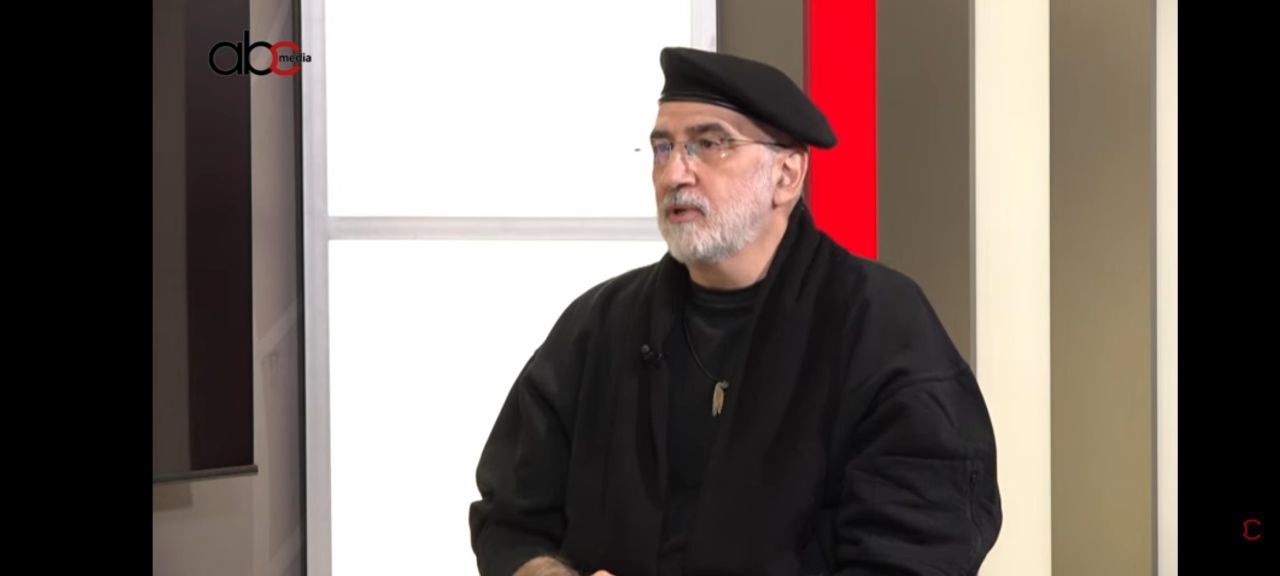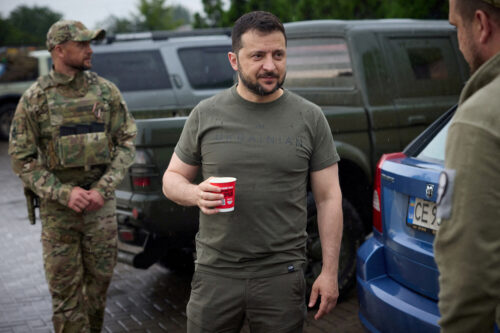
Vahan Artsruni: I believe that our nation, thanks to historical memory, will finally be able to express itself
ABC Interview’s guest was singer and songwriter Vahan Artsruni. We discussed various issues that are relevant today more than ever, addressing pressing topics concerning our people’s value system, perception of freedom, and cultural demand.
– Can you describe what times we are in today in Armenia?
– The decadence that Nietzsche spoke of and welcomed meant the zeroing out and annihilation of all values. That situation was a prerequisite for a new awakening and the establishment of new value systems. I believe we have entered this final phase.
– Is this a transitional phase?”
– I think so. It dragged on a bit too long, but I try to look at it historically. Many nations have gone through similar stages, and I believe that our nation, thanks to historical memory, will indeed express itself and ultimately establish within itself the value system worth advocating that will determine the future.”
– Once you mentioned that the problem is also in the awareness of truth, that is, seeing and admitting reality. Were you referring to the people, and do they not see what is happening, or do they simply not want to?”
– Well, first and foremost, one needs to have the potential to accept reality because there are truths that are very difficult to accept, especially those truths that we must accept as a nation. This is connected not only to an ancient past but also to the recent events and difficulties we are still going through. You cannot simply demand deep knowledge from the common people, say in physics, medicine, or the arts. Naturally, they look to the authorities. That reflex still works. Look at how the value system has changed over the last 30 years—the state began to lavish honorary titles on pop singers and even a few rabiz musicians. That is, a person who has always seen themselves in a restaurant suddenly stands before a mirror, looks at that title, and naturally begins to attribute significance to themselves. For the masses, the public, the state’s attitude toward certain phenomena is very important. The situation in our country was different at the beginning of the previous century. A hundred years ago, a professor earned a higher salary than the head of state. I can attest to this from my own experience—my great-grandfather, Prof. Vahan Artsruni, earned more than Khanjian.
– This year marks the 100th anniversary of the renowned singer Gohar Gasparyan. I know she taught you at the conservatory. What was Gohar Gasparyan like as a person, and what did you manage to learn from her as a professional?
– The inner freedom that Gohar Gasparyan had was remarkable. I have not seen that level of inner freedom in anyone else—from the freedom to reason on any issue to narrow professional matters. Naturally, this was also reflected in her speech and way of communication. One realized that every minute spent in the presence of that person enriched him. We must consider that those years were the harshest, the most difficult. Gohar Gasparyan could have easily moved to another country and spent that bitter, difficult period in comfort. Yet she used to say she must live as her people lived and share all the difficulties that her people went through. And you understood that it was indeed the case—it was that person’s belief.
Interview by Lena Gevorgyan


